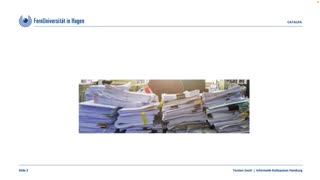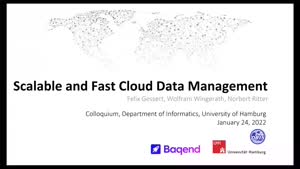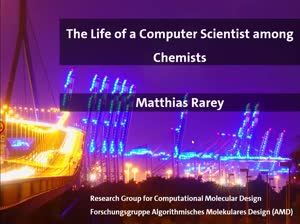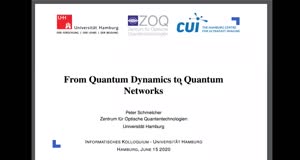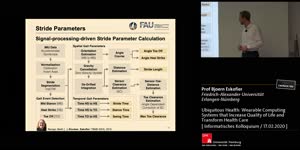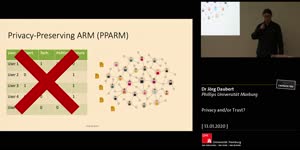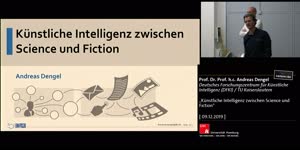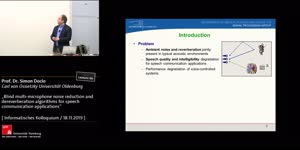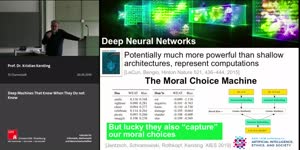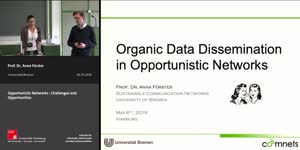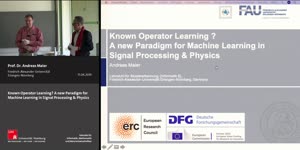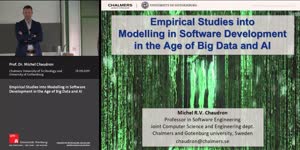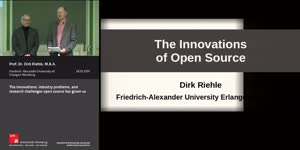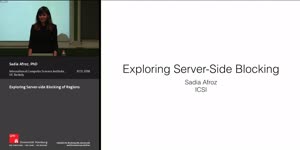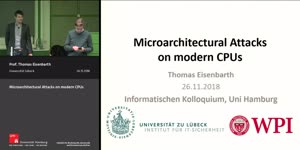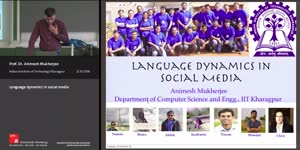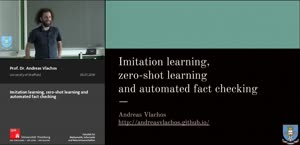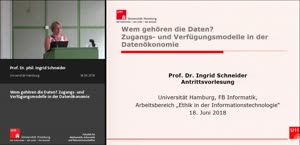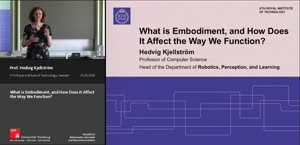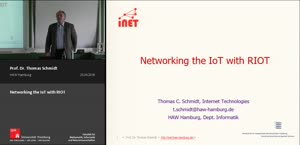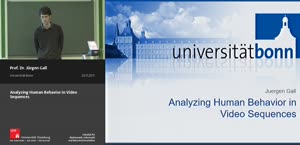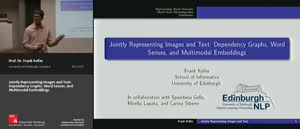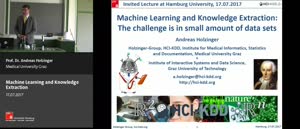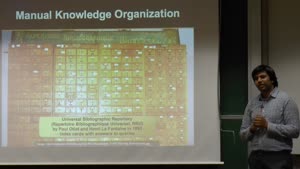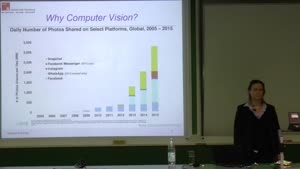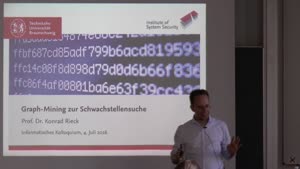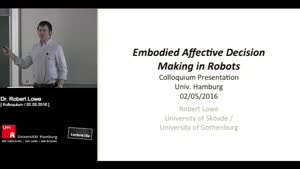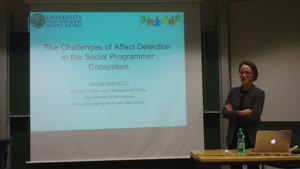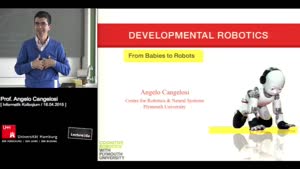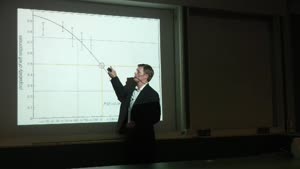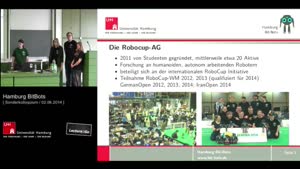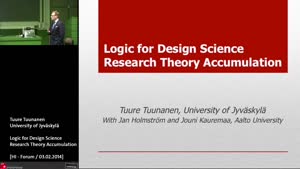Machine Learning and Knowledge Extraction - Prof. Dr. Andreas Holzinger - Universität Hamburg
- Lecture2Go
- Videokatalog
- F.6 - Mathematik, Informatik, Naturwissenschaften
- Informatik
- Informatisches Kolloquium
Videokatalog
Machine Learning and Knowledge Extraction
Due to a technical error the caption shown for the first two minutes of the recording shows the wrong title and speaker.
The goal of Machine Learning is to learn from data, to extract and discover knowledge, and to help to make decisions under uncertainty. In automatic machine learning (aML) great advances have been made, for example, in speech recognition, recommender systems, or autonomous vehicles. Automatic approaches greatly benefit from "big data" with many training sets. However, sometimes we are confronted with a small amount of complex data sets, where aML suffers of insufficient training samples. The application of such aML approaches in complex application domains, e.g. as in health informatics seems elusive in the near future, and a good example are Gaussian processes, where aML (e.g. standard kernel machines) struggle on function extrapolation problems, which are trivial for human learners. In such situations, interactive Machine Learning (iML) can be beneficial where a human-in-the-loop helps in solving computationally hard problems, e.g., subspace clustering, protein folding, or k-anonymization of health data, where the knowledge and experience of human experts can help to reduce an exponential search space through heuristic selection of samples. Therefore, what would otherwise be an NP-hard problem reduces greatly in complexity through the input and the assistance of an human agent involved directly into the learning phase. Tackling such challenges needs a concerted effort, fostering integrative ML research between experts ranging from diverse disciplines, from data science to visualization, and both disciplinary excellence and a cross-disciplinary skill-set with international collaboration.


